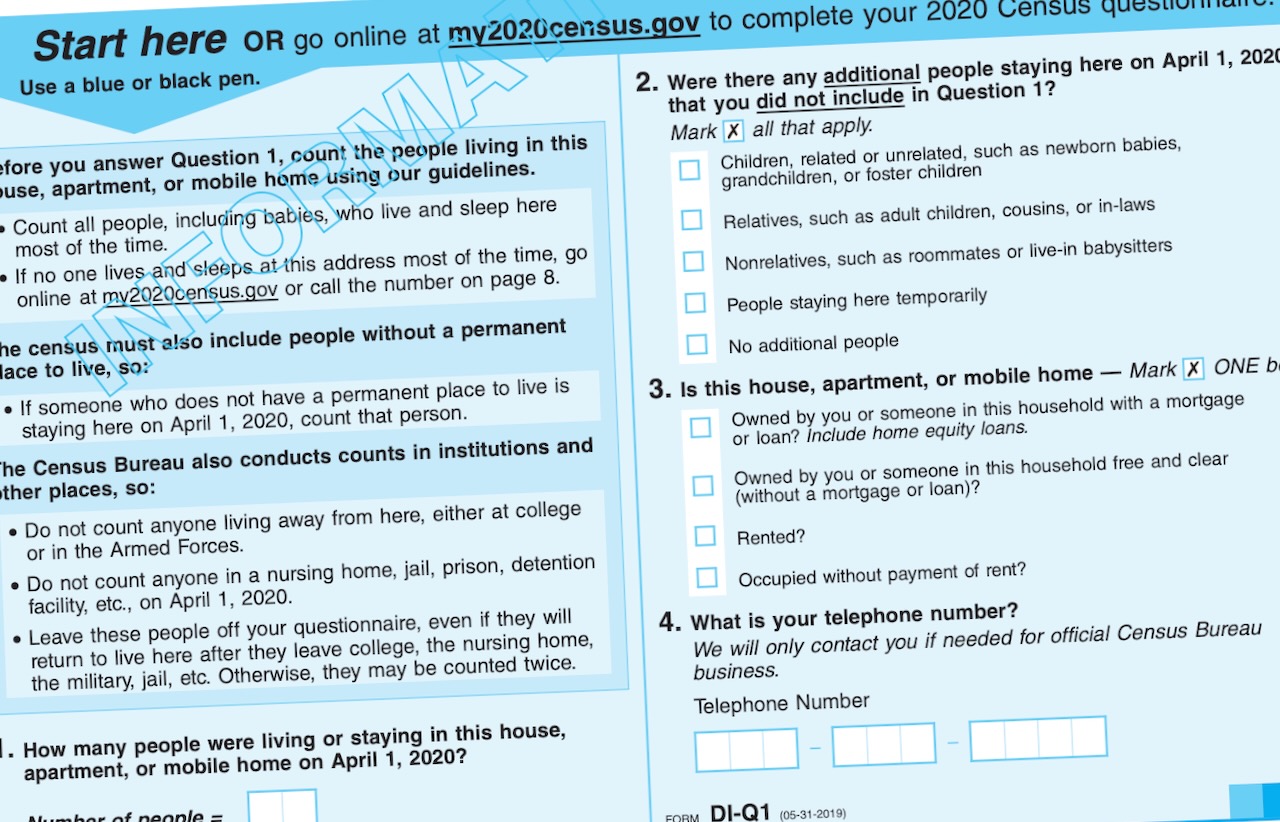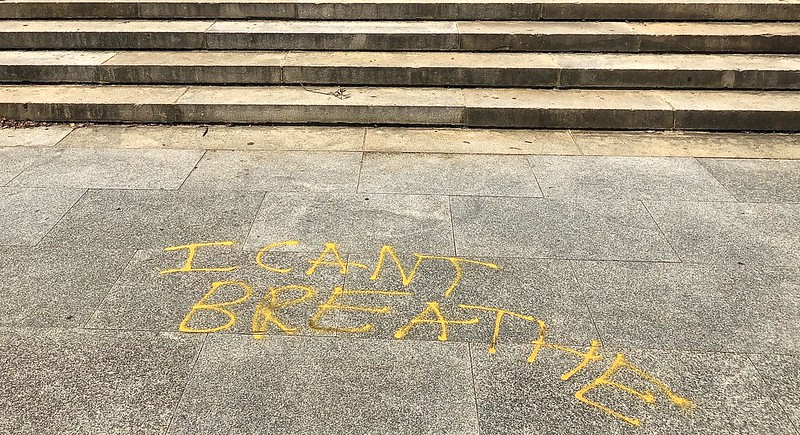About Those Census Checkboxes
By Beulah Vega
To those who do not look
she looks nothing like me
but we share that look
the slow ashen gaze that says I’m tired
of these forms that push messy spheres
into uniform squares.
She/ I/ we are tired. Tired
in the marrow of our bones
that share color and structure
but not marrow matches
tired of doctors blaming our blood
for illness.
I/we/she are tired. Tired
in lungs that share the same
air-poisoned and fear-filled
voices and pleas ignored
by pink hats who only really march
for pink skin.
We/she/I are tired. Tired
of learning two of every-
word. But never learning
one that means compassion.
Tired of monolingual and bilingual, both meaning
“outsider” “forastera.”
We/she/I/Half Caste/Mestizo/Indio
/Half breeds/Mulatto are all tired
of these boxes you’ve built
to bury us in.
Beulah Vega (she/her) is a Latine writer, poet, and theatrical artist living and working in California’s Bay Area. Her poetry has been published in The Literary Nest, Sage Cigarettes, Walled Women, and Blood & Bourbon, among others. Her first book of poetry, A Saga for the Unrequited, was published in August of 2021 by Fae Corp Publishing. She is still amazed when people refer to her as a writer, every time. To follow her lunacy (artistic and otherwise) find her on Facebook @BFVegaauthor and Instagram/Twitter @Byronwhoknew.
A note from Writers Resist
Thank you for reading! If you appreciate creative resistance and would like to support it, you can make a small, medium or large donation to Writers Resist from our Give a Sawbuck page.



